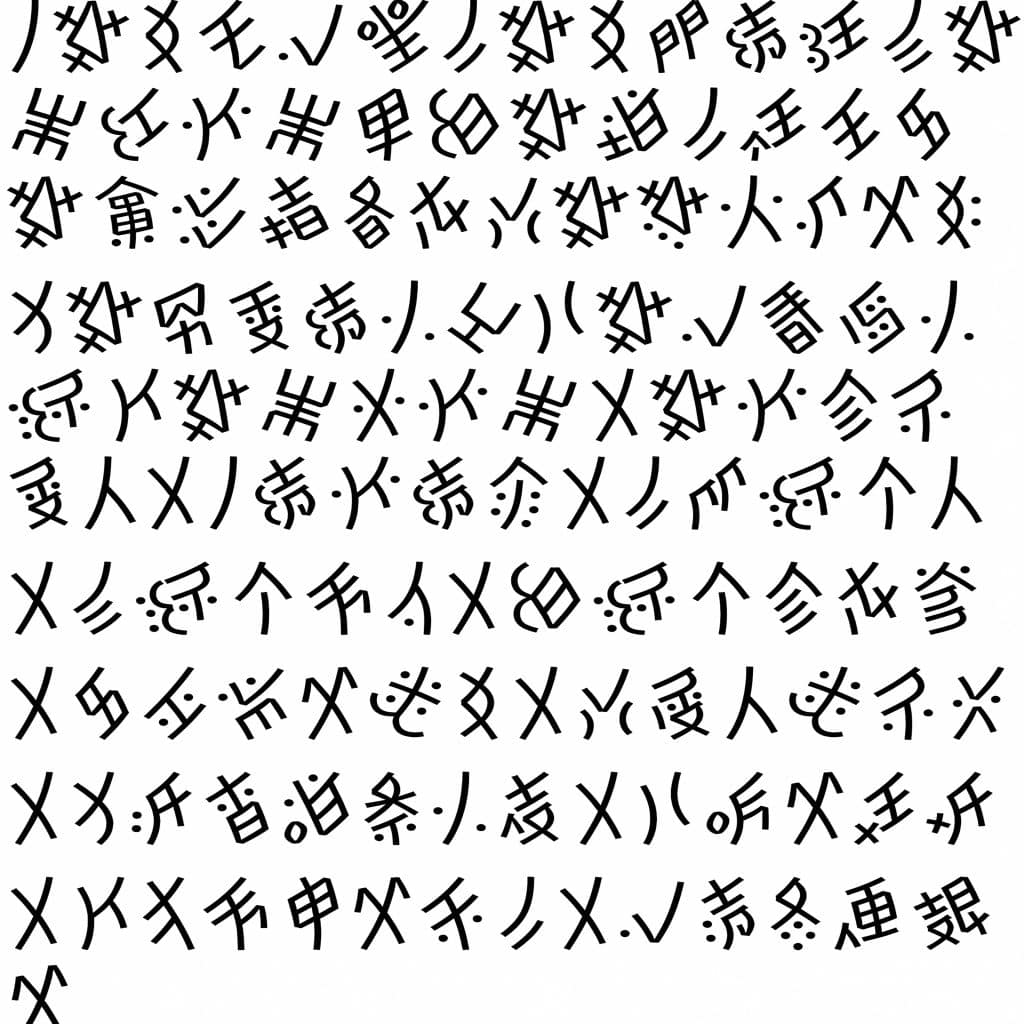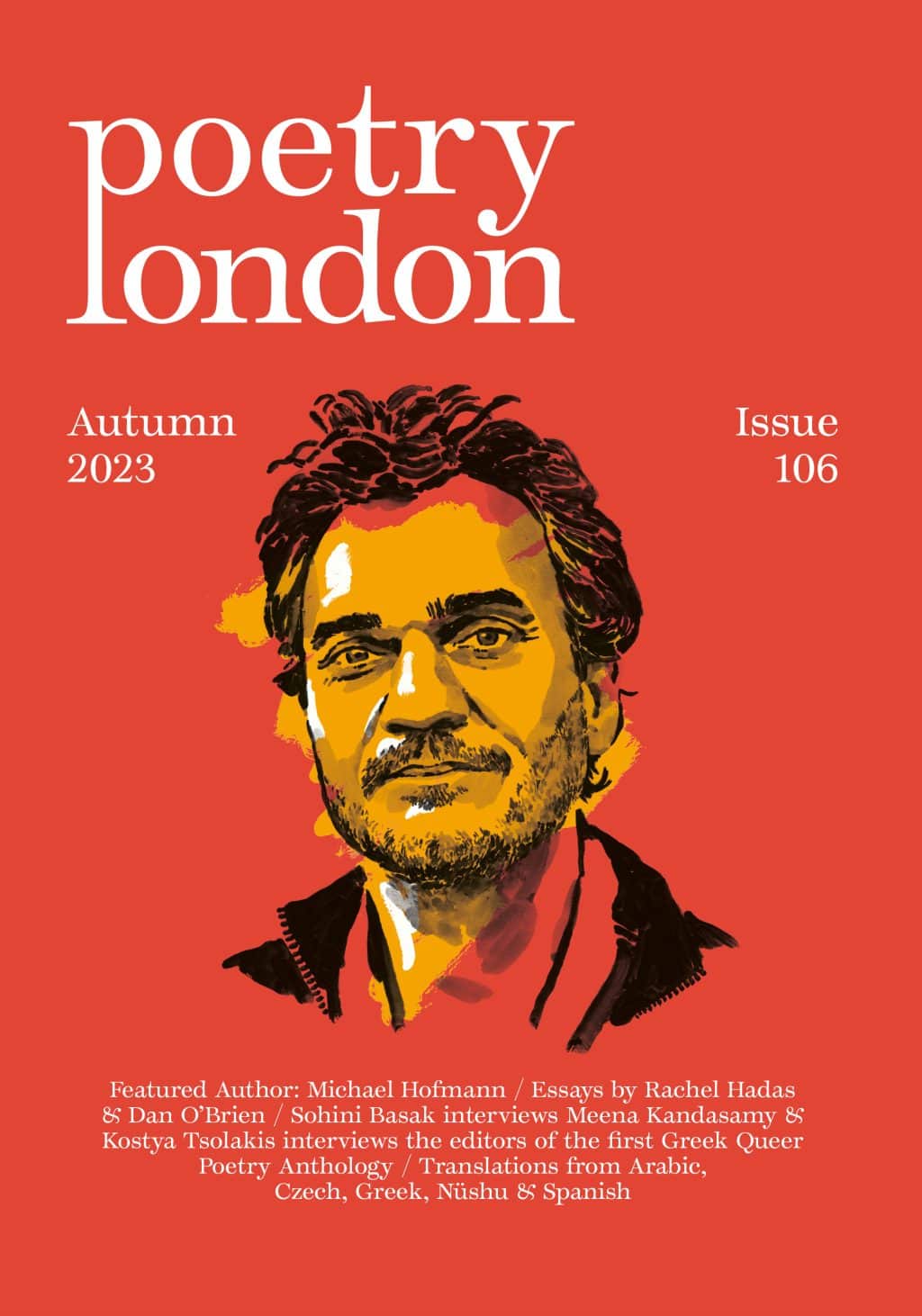Ballad of the Daughter in Twenty Years
Anonymous
At the age of one, the girl wore beads on her hands, and at the age of two, she adorned the hem of her dress with jade. By the age of three, she had learned to walk and run, and by four, she was already carrying a basket into the vegetable garden. At five, she helped her grandmother pick mulberry leaves for silkworms, while at six, she assisted her parents with household chores. When she turned seven, she left home to learn weaving, and by eight, she was traveling in a carriage to spin fine yarn. At nine, she learned tailoring and cutting, and by ten, she could sew without needing any help. At the age of eleven, she was already weaving fences and nets, and by twelve, she was competing in spinning contests. By thirteen, she was adorning her hair with hairpins, and at fourteen, she wore a golden gown, becoming quite the young lady by fifteen. By sixteen, matchmakers came calling, and at seventeen, suitors brought tea to propose. At eighteen, she urged her father to prepare her dowry, and by nineteen, she had attained wealth and status. Finally, at the age of twenty, she participated in an important ceremony to thank her father.
Translated from Nüshu by Anonymous

Note: Nüshu is a syllabic script used exclusively by women in the Jiangyong area of Hunan province in southern China. It was mainly used as a secret, personal language for communication between women who were not allowed to receive formal education and were restricted in their social interactions with men. The script was developed by women and passed down from mother to daughter over many generations. Nüshu is known for its delicate and graceful appearance, and it has been recognized as an important cultural heritage of China.


